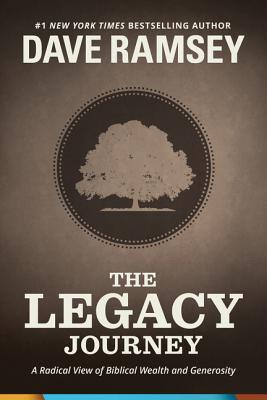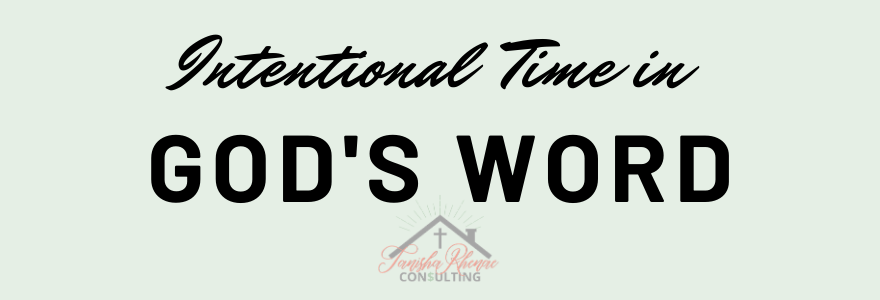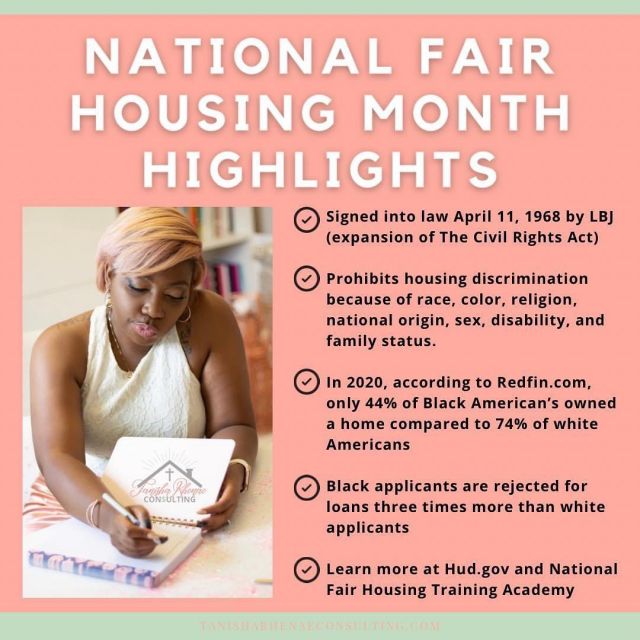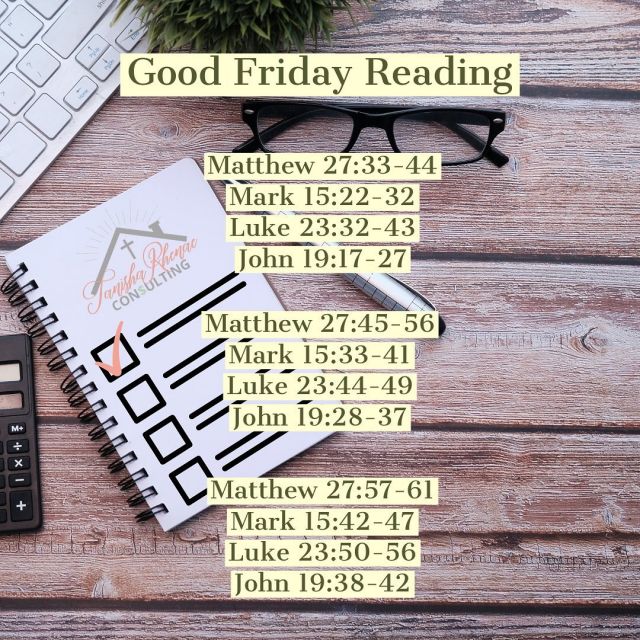
Welp, I did it. I went vegan for February. Errr…for 24 days at least. I’m officially calling it a vegan journey, but as much as I wanted to stay entirely plant-based, it did not happen. I bought a bunch of premade “meat” items and some cereal (did you know Captain Crunch and Cinnamon Toast Crunch are vegan?). I made a quick post on social media about how the first ten days went, so I won’t recap those items (but now that I think about it, I should have made that a blog post). You can go here to see it. I am going to use this post to talk about my overall thoughts now that it is over and what we are going to do going forward.
I won’t say that I had my hopes super high for this plant-based journey, but I was very much interested in the benefits that I’ve seen with others. I was, however, disappointed when not only did I not experience many of the benefits, but a couple of my medical conditions became worst (specifically my fructose malabsorption/IBS and my fibromyalgia). And shockingly, my doctor wasn’t too happy with my decision to go plant-based. Now, I really should have gone to her before I started and let her know what I was doing. I didn’t until more than halfway through when I started having some pretty unbearable symptoms. She actually sent me back to a GI. Who advised me that most likely, my body couldn’t handle the increase in fiber. So needless to say, I am not going to continue to be vegan or plant-based.
I did lose a total of 7 lbs. And that was all in the first week, so I do believe it was water weight. When I added processed vegan foods into our diet, I started to gain 1-2 lbs back. I would then lose those same 1-2 lbs over and over again. So while I think most of it was water weight, I could tell looking at my body, I lost weight. I tend to carry my weight in places that have me in disbelief when I step on the scale or can’t fit certain clothes anymore. I mean, I’ve gained 20 lbs since I’ve been married and didn’t realize it because it is pretty well hidden in my stomach and thighs lol—areas that are already pretty chunky (or as I like to say healthy). But I’m starting to see my little shape again!

Here is why I’m okay with my decision to add meat and dairy back to my diet. I eat pretty healthily regularly. I’ve eliminated most of the added sugar from my diet. I very rarely eat processed food. I dissect food labels before I buy anything (to avoid fructose/sugar and unnecessary ingredients). And I’m eating more than my fair share of fruits and veggies daily. But one thing that going plant-based helped me with is seeing that I could be doing better with the range of fruits and vegetables I’m eating. It doesn’t have to be a side or secondary to meat or pasta in a dish. It can be the star! Now I will be making some permanent switches. Instead of using regular butter, we will switch to plant butter. I always buy plant milk, but I discovered and love oat milk now. I’m not afraid of tofu anymore. I plan on using cashews to make some sauces because it’s been amazing.
Now there are a few symptoms that I am going to try and target with food. For example, I finally tried celery juice, and it wasn’t bad (today is actually day 2 of me drinking it with my warm lemon water). And while I’m a little skeptical about the delivery (the guy who founded the movement), I can’t say that the tons of benefits I’ve heard from hundreds of people (seriously search YouTube or Instagram) aren’t tempting. So I want to try and do celery juice for at least seven days to eliminated some inflammation and see improvements with my depression and anxiety. Depending on how that goes, I’ll then try 21 days or 30 days. But I wanted to start this after I made the vegan journey to clearly see the benefits of being vegan vs. benefits of the celery juice. I mentioned above I have been doing my warm lemon water again. When I drink it, I immediately notice a change to my digestive system, which is why I want to keep doing it. But sometimes I skip a day, and that turns into a week. But since the benefits are immediate, when I get back on track, it helps me on day 1.
I didn’t go plant-based for ethical reasons. I do care about the animal,s and I wish we as a planet would find a better way to treat them since we are using them as food, but I do believe that it is okay to use them as food. Maybe when we are in the second Eden, we will be plant-based. Who knows? 🤷🏽♀️ For now, the hubby and I have decided to split our weeks. 3-4 days will be no meat meals, and 3-4 days our meals will have some meat, and it will most likely be seafood or chicken. I am not a fan of meal planning because my cravings very much lead me. But I am wanting to plan to buy certain things each week to make sure we have and do better with having prepped quick items I can snack on throughout the day.

But what is the biggest thing I enjoyed most about this journey? How much Chris enjoyed the food. If you know us personally, you know that food is a big issue for us. I love to cook and eat. Chris, not so much. I like eating and cooking whole food and meals. Chris could live on junk and fast food. It’s led to plenty of arguments and hurt (on my part). Another thing…Chris hates veggies. He could go days/weeks without eating vegetables if I didn’t physically put them on his plate. But Chris frequently went back for seconds and thirds for these meals that were plant-based. He wasn’t adding things like hot sauce or siracha to cover the food. I was so happy to see this! Seriously this made it all worth it!
Have you tried to go plant-based? What were your results? Let me know in the comments.

























